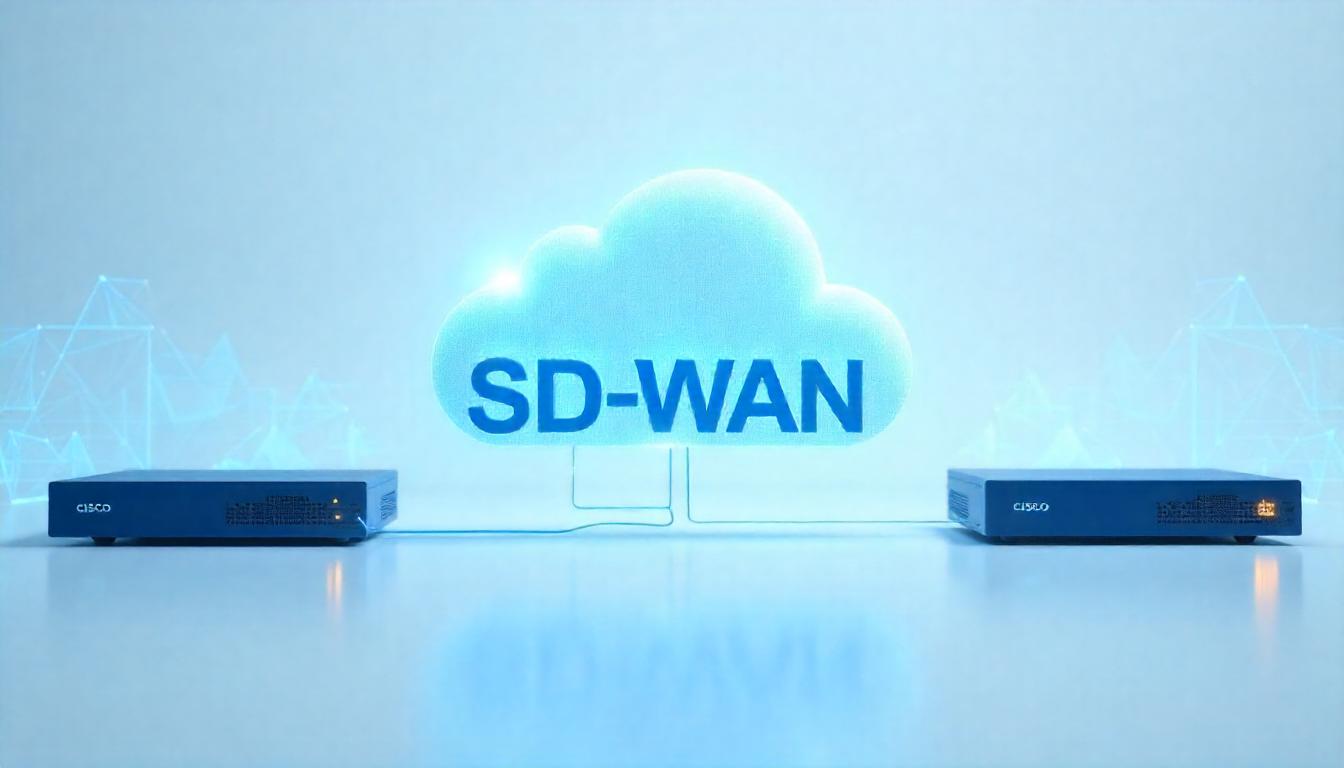
The Palo Alto Certified Network Security Administrator (PCNSA) certification exam is designed to test professionals on their skills to deploy, manage, and secure networks using Palo Alto Networks' advanced firewall technologies.
In this article, we will explore all the necessary details about the PCNSA certification and it's exam. The article will be covering details like PCNSA certification overview, it's cost, syllabus, benefits and preparation tips.
PCNSA Certification Objective
The Palo Alto Certified Network Security Administrator (PCNSA) certification validates the skills and knowledge required to effectively deploy and manage Palo Alto Networks Next-Generation Firewalls (NGFWs).
This certification is designed for network security professionals who can demonstrate their ability to protect networks from advanced cyber threats.
The primary objective of the PCNSA certification is to ensure that candidates are proficient in configuring essential features of Palo Alto firewalls, implementing security policies, and utilizing the full capabilities of the Palo Alto Networks Security Operating Platform.
By achieving this certification, professionals can showcase their expertise in safeguarding networks, thereby enhancing their career prospects in the cybersecurity field.

PCNSA Certification Exam Details
The table shows the every information about the PCNSA certification exam.
Exam Name | Network Security Administrator |
Exam Number | PCNSA PAN-OS 9 |
Exam Price | $140 USD |
Duration | 80 minutes |
Number of Questions | 50 |
Passing Score | 70% |
Exam Registration | PEARSON VUE |
Recommended training | Firewall Essentials – EDU-210 |
Prerequisites for PCNSA Certification
To pursue the Palo Alto Certified Network Security Administrator (PCNSA) certification, candidates should meet the following prerequisites:
● Experience: Candidates should have two to three years of experience in the Networking or Security industries. Additionally, at least six months of hands-on experience working with the Palo Alto Networks Security Operating Platform is required.
● Palo Alto Networks NGFW Knowledge: A minimum of six months of experience in deploying and configuring Palo Alto Networks Next-Generation Firewalls (NGFWs) is essential.
PCNSA Exam Syllabus
To prepare for the PCNSA exam, you should learn the following concepts:
● Next-Generation Security Platform and Architecture
● Firewall Configuration
● Security and NAT Policies
● App-ID
● Content-ID
● User-ID
● URL Filtering
● Monitoring and Reporting
● Security Best Practices
The core PCNSA exam topics are:
● Cyberthreats and the Cyberattack Lifecycle
● Cyberattack Techniques and Types
● Wireless Threats and Advanced Threats
● Cloud Security and Data Center Security
● Network Security Technology
● Packet Encapsulation and Lifecycle
● Malware Analysis
Benefits of PCNSA Certification
Some of the many benefits of getting the PCNSA certification are:
1. Validation of Skills: Achieving the PCNSA certification demonstrates your proficiency in configuring and managing Palo Alto Networks' next-generation firewalls, validating your ability to implement effective security measures.
2. Career Advancement: The certification opens up new career opportunities in cybersecurity and network administration, making you a more attractive candidate to employers in a competitive job market.
3. Comprehensive Knowledge: The course equips you with essential skills in threat prevention, network monitoring, and firewall configuration, ensuring you are well-prepared to tackle real-world security challenges.
4. Industry Recognition: As a widely recognized credential, the PCNSA certification enhances your credibility and professional reputation within the cybersecurity community.
5. Access to Resources: Certified professionals often gain access to exclusive resources, training materials, and networking opportunities within the Palo Alto community, further supporting their career growth.
Best PCNSA Training Course Online
If you’re looking for a great online platform to prepare for PCNSA certification exam, check out the UniNets website. They offer a complete online PCNSA training course with unlimited 24/7 virtual lab support, giving you plenty of hands-on practice.
You’ll learn from industry experts with over 8 years of experience who can provide helpful guidance. Joining live classes allows you to quickly get answers to your questions and boost your learning.
The course follows the latest PCNSA syllabus, helping you prepare well for the exam. You can also connect with other students to discuss challenges and get advice, making this course a fantastic choice for anyone wanting to succeed with Palo Alto Networks.
Jobs for PCNSA Certified Professionals
Professionals holding the Palo Alto Certified Network Security Administrator (PCNSA) certification are well-equipped for various roles in the cybersecurity and network administration fields. Common job titles for PCNSA-certified individuals include:
● Network Administrator
● Networking Engineer/Analyst
● Infrastructure Manager
● Cybersecurity Analyst
● Security Consultant
● System Administrator
● Compliance Manager
● Network Architect
PCNSA Certification - Summing Up
In this summary, we explored the PCNSA certification, covering its objectives, exam details, benefits, and potential job opportunities. This certification validates your skills in deploying and managing Palo Alto Networks firewalls, enhancing career prospects in cybersecurity and network administration.
With a focus on practical knowledge and industry recognition, the PCNSA serves as a valuable credential for professionals aiming to excel in network security.
-min.jpeg)
FAQ
Comments (0)
Popular posts


What are The Different Types of Network ...
21 Mar 2025
Cisco Certification Exam Cost: Fees and ...
31 Dec 2024
New Cisco CCNA Syllabus for 2025
2 Apr 2025
Palo Alto Exam Cost: PCNSA, PCNSE & More
4 Jan 2025Recent posts

Virtual Router Redundancy Protocol in ...
24 Apr 2025
Palo Alto Networks Certification Guide
23 Apr 2025
What is User Datagram Protocol (UDP)?
22 Apr 2025
Microsoft Certified Azure Fundamentals ...
21 Apr 2025
Benefits and Drawbacks of Virtualization ...
21 Apr 2025Upcoming batches
Contact learning advisor








